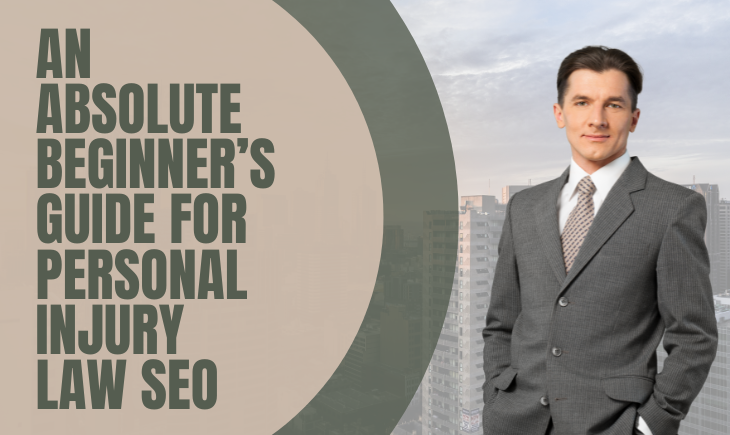Search engine optimization (personal injury law SEO) for law firms, commonly called law SEO, is a strategy used to increase the visibility of a law firm’s website in search engine results. When done correctly, it can help your law firm rank more highly on search engine results pages (SERPs), making it much simpler for potential clients to find you. Here’s a breakdown for absolute beginners:
1. Keywords
Keywords are the words or phrases that people type into search engines. For law firms, these might include phrases like “divorce lawyer in Boston” or “DUI attorney in Miami.” Your website should include these keywords in strategic places, such as the title tags, meta descriptions, header tags, and throughout your content, so search engines recognize your site as relevant to these terms. Then, when customers search for these terms, your law website will be more likely to be suggested.
2. Content
Search engines reward high-quality, relevant content. Regularly update your site with helpful information about legal topics related to your practice areas. This could be in the form of blog posts, videos, podcasts, or downloadable resources. This will help search engines see you as an authority in your field. This will also make your potential clients and readers aware that you’re knowledgeable, making you look more trustworthy to them.
3. On-Page SEO
This includes all the steps you can take within your website to improve its position in search rankings. This encompasses a well-structured site, using the right keywords in your content, meta tags, URL structure, site speed, mobile-friendliness, and more. As search engines prioritize user experience above all, it’s essential for your law website not to have anything that can negatively impact how people interact with your website.
4. Off-Page SEO
This refers to activities outside your website that impact your rankings within SERPs. The most important off-page SEO factor for law firms is backlinks (links from other websites to yours). Having high-quality, authoritative sites link to your site signals to local search engines that your content is valuable and trustworthy.
5. Local SEO
For law firms, local SEO is crucial. This involves optimizing your website to appear in local search results because most clients search for lawyers in their local area. Critical components of local SEO include creating a Google My Business account, getting listed in local directories, and garnering positive reviews.
6. Technical SEO
This involves optimizing your website for the crawling and indexing phase, which is how search engines understand your website. Aspects of technical SEO include a clean sitemap, fast loading times, a secure (HTTPS) site, and a responsive design that works well on both desktop and mobile devices.
7. Analytics
SEO isn’t a set-it-and-forget-it endeavor. It’s crucial to monitor your website’s performance regularly using awesome tools like Google Analytics and Google Search Console. This helps you understand what’s working, what isn’t, and where you can improve.
Conclusion
While personal injury law SEO can seem complex, understanding these fundamental concepts can significantly increase your chances of ranking higher on search engine results, increasing visibility, and attracting more clients. Remember, SEO for personal injury lawyers is a long-term strategy that doesn’t yield instant results, but it can pay off significantly with patience and persistence.






